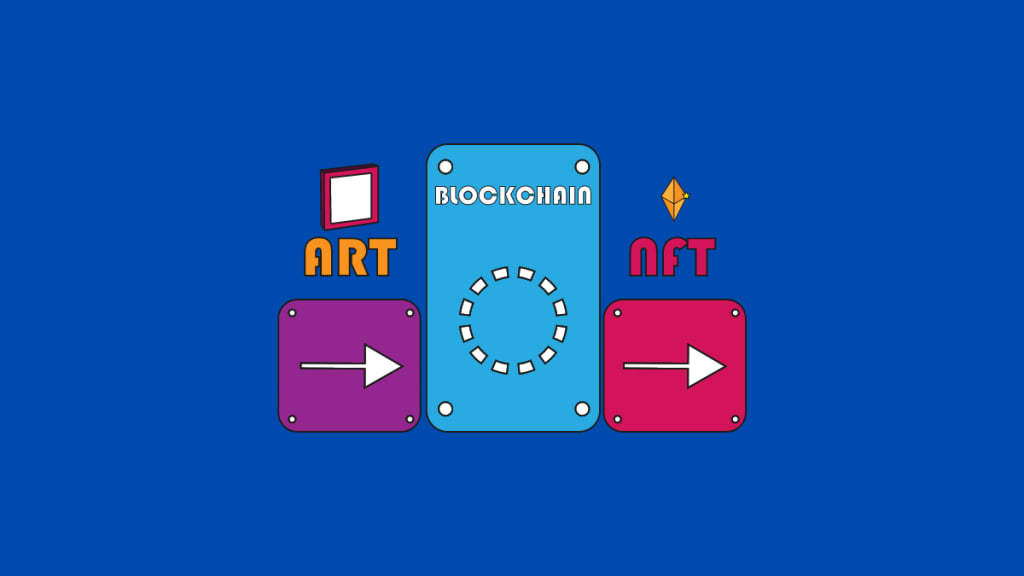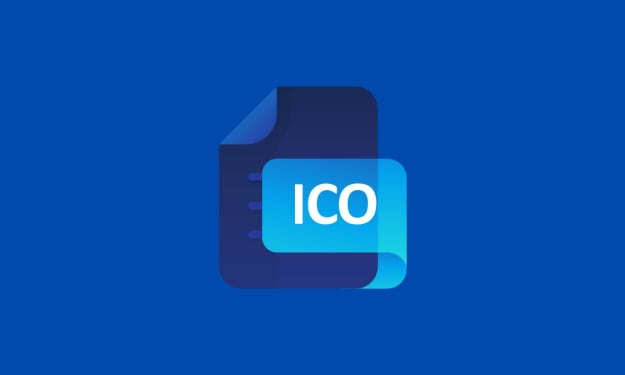How can a white-label NFT marketplace differentiate itself from other NFT marketplaces in the crowded marketplace, and what strategies can be used to attract and retain users and drive adoption of the platform?
A white label NFT marketplace can differentiate itself from other NFT marketplaces by offering innovative features, providing a user-friendly experience, and leveraging data analytics to personalize the user experience and drive engagement.

The world of Non-Fungible Tokens (NFTs) has been exploding in recent years, with digital artists, collectors, and investors all getting involved in this new asset class. As a result, numerous NFT marketplaces have emerged, offering different services and features to their users. For a white label NFT marketplace, differentiating itself from other NFT marketplaces in the crowded marketplace can be challenging, but not impossible. In this article, we will discuss some strategies that a white label NFT marketplace can use to attract and retain users and drive adoption of the platform.
What is a White Label NFT Marketplace?
A white label NFT marketplace is a platform that allows individuals or businesses to create their own branded NFT marketplace without having to build the infrastructure from scratch. In other words, a white label NFT marketplace provides all the necessary tools and technologies for launching and running an NFT marketplace under a custom brand.
Differentiation Strategies for White Label NFT Marketplaces
- Specialized Niche - One way a white label NFT marketplace can differentiate itself is by focusing on a specific niche. Instead of trying to be a one-size-fits-all marketplace, the platform can specialize in a particular type of NFT, such as gaming assets, music, or sports memorabilia. This can help attract users who are interested in that particular niche, and the platform can build a community around that specific category.
- Unique Features - Another way to differentiate a white label NFT marketplace is to offer unique features that other platforms do not have. For example, the platform can offer custom minting services, allowing users to create their NFTs with their unique designs and specifications. Alternatively, the platform can offer advanced trading features such as limit orders or stop-loss orders, which are not available on many other NFT marketplaces.
- User Experience - A good user experience is crucial for the success of any NFT marketplace. Therefore, a white label NFT marketplace can differentiate itself by providing an intuitive and easy-to-use interface for its users. The platform can offer personalized dashboards for each user, allowing them to monitor their portfolio, track their transactions, and view their activity history. The platform can also provide detailed analytics and insights to help users make informed decisions.
- Community Building - Building a strong community around a white label NFT marketplace can be a powerful way to differentiate the platform. The platform can offer social features such as chat rooms, forums, and groups to allow users to interact with each other. This can help create a sense of belonging and foster engagement among users. Additionally, the platform can offer rewards and incentives for active users, such as exclusive NFTs, discounts, or early access to new features.
Strategies for Attracting and Retaining Users
- Marketing and Branding - Effective marketing and branding are essential for attracting new users to a white label NFT marketplace. The platform can leverage social media channels, influencer marketing, and content marketing to raise awareness of its brand and reach a wider audience. The platform can also collaborate with artists and creators to showcase their work on the platform and create buzz around the marketplace.
- Low Fees - NFT marketplaces typically charge a transaction fee for each sale, which can range from 2% to 10% of the total value. A white label NFT marketplace can differentiate itself by offering low transaction fees, making it more attractive to users who are looking for cost-effective options. Additionally, the platform can offer discounted fees for high-volume traders or users who hold a certain amount of the platform's native token.
- Trust and Security - Trust and security are critical concerns for any NFT marketplace. A white label NFT marketplace can differentiate itself by implementing robust security measures, such as two-factor authentication, SSL encryption and regular security audits. The platform can also offer insurance for NFTs held on the platform, providing users with an additional layer of protection against theft or loss.
- User Support - Providing excellent user support can help retain users and build a positive reputation for the platform. A white label NFT marketplace can offer multiple channels for customer support, such as live chat, email, or phone support. The platform can also provide comprehensive documentation and FAQs to help users resolve issues on their own.
- Partnership and Integration - Partnering with other companies and integrating with third-party services can help a white label NFT marketplace expand its user base and offer additional features and functionalities. For example, the platform can partner with popular wallets such as MetaMask or Trust Wallet to allow users to connect their wallets directly to the marketplace. The platform can also integrate with other NFT marketplaces or exchanges to allow users to trade their NFTs across multiple platforms.
- Innovation and Adaptation - Finally, innovation and adaptation are essential for the long-term success of a white label NFT marketplace. The platform should constantly be looking for ways to improve its services and add new features to stay ahead of the competition. Additionally, the platform should be open to feedback from its users and adapt its offerings to meet their changing needs and preferences.
Conclusion
In conclusion, a white label NFT marketplace can differentiate itself from other NFT marketplaces by focusing on a specialized niche, offering unique features, providing a good user experience, and building a strong community. Additionally, the platform can attract and retain users by marketing and branding, offering low fees, ensuring trust and security, providing excellent user support, partnering and integrating with other companies, and continuously innovating and adapting to meet the changing needs of its users. By implementing these strategies, a white label NFT marketplace can stand out in the crowded marketplace and drive adoption of its platform.
About the Creator
Jade Mckinley
Jade Mc, a senior specialist as a content writer, has more than 5 years of experience in this field. She is well-known for her critical review of the blockchain industry and crypto projects.






Comments
There are no comments for this story
Be the first to respond and start the conversation.